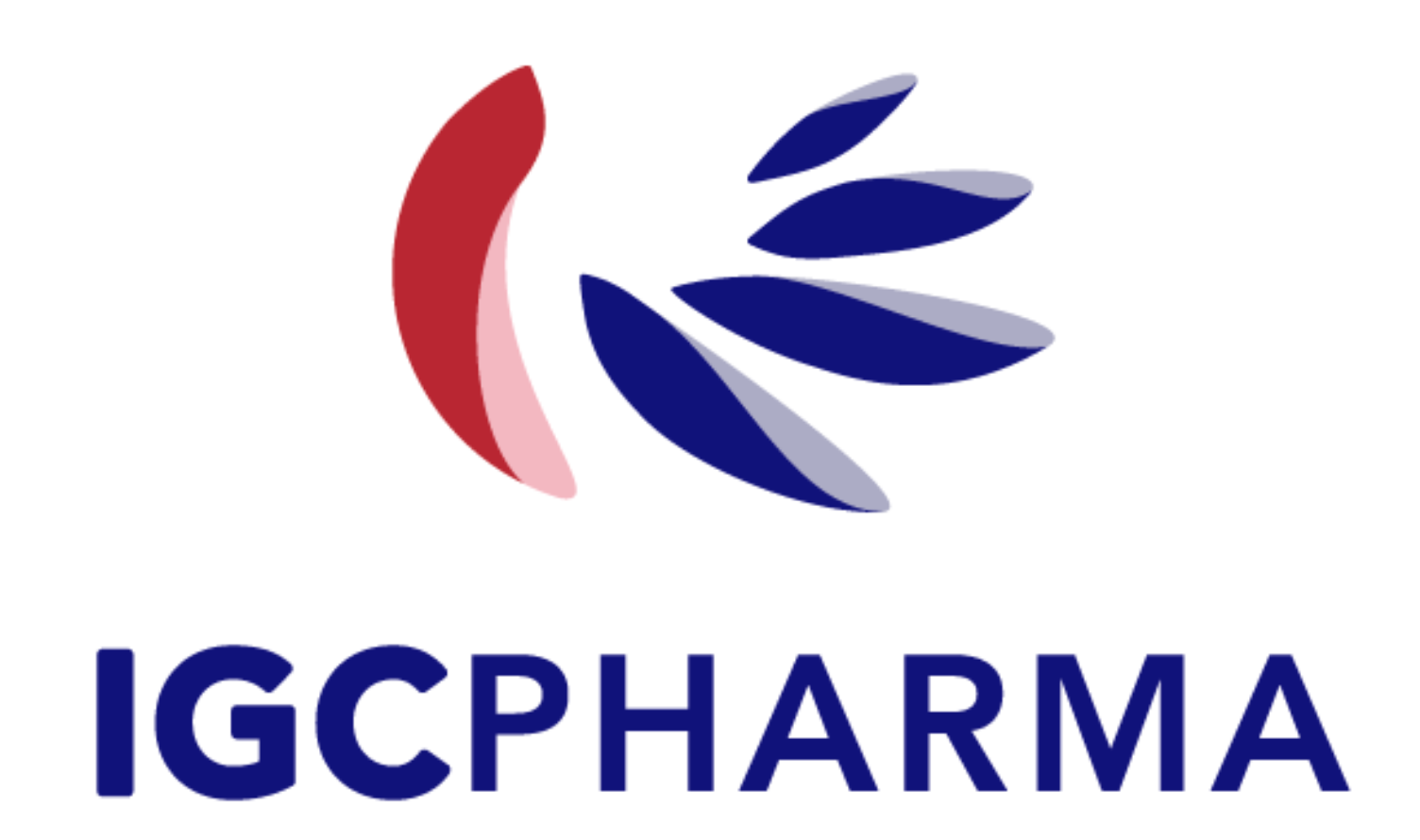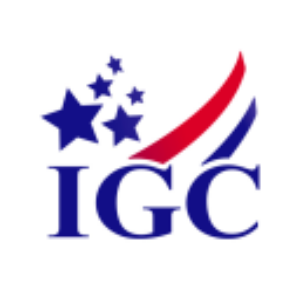IGC Pharma Leverages MINT-AD to Identify Socioeconomic Risk Factors Driving Alzheimer's and Aging Trends
Rhea-AI Summary
IGC Pharma (NYSE American: IGC) announced advances in MINT-AD, a Multimodal Interpretable Transformer for Alzheimer’s that uses AI and global longitudinal datasets to identify socioeconomic risk factors tied to cognitive decline. The model was trained on 14 large-scale HRS-based studies spanning the USA, Africa, Mexico, China, Costa Rica, Puerto Rico, Chile, Brazil, England, Thailand, Indonesia, India, and Korea. The initiative targets risk stratification, early detection, and simulation of disease progression under interventions, and complements ongoing IGC-AD1 clinical trials aimed at agitation and potential disease-modifying therapies.
IGC says the work may enable earlier prediction, personalized non-pharmacological interventions, and data-driven public health strategies.
Positive
- 14 large-scale HRS-based longitudinal studies used for MINT-AD training
- Project complements ongoing IGC-AD1 clinical trials for agitation and disease-modifying therapy
- AI aims to predict cognitive decline years in advance for earlier intervention
- Focus on risk stratification and modeling interventions to inform public health strategies
Negative
- None.
News Market Reaction
On the day this news was published, IGC declined 0.38%, reflecting a mild negative market reaction.
Data tracked by StockTitan Argus on the day of publication.
POTOMAC, MD / ACCESS Newswire / November 25, 2025 / IGC Pharma, Inc. ("IGC Pharma," "IGC," or the "Company") (NYSE American:IGC), a clinical-stage biotechnology company leveraging AI to develop innovative treatments for Alzheimer's disease, today announced advances in MINT-AD, the Multimodal Interpretable Transformer for Alzheimer's. Leveraging data from the Health and Retirement Study (HRS) International Family of Studies, IGC Pharma aims to identify unknown socioeconomic risk factors and their interactions influencing aging and cognitive decline. This initiative is part of IGC Pharma's broader mission to revolutionize Alzheimer's treatment with precision medicine and AI-driven insights.

Among the datasets used in MINT-AD training, IGC Pharma is leveraging 14 large-scale longitudinal aging and cognition studies spanning the USA, Africa, Mexico, China, Costa Rica, Puerto Rico, Chile, Brazil, England, Thailand, Indonesia, India, and Korea, all adhering to HRS protocol. This approach enables AI to identify critical socioeconomic factors contributing to early cognitive decline across populations with diverse sociocultural contexts, offering a new way to predict, stratify, and intervene before Alzheimer's takes hold.
"Understanding the socioeconomic factors that contribute to cognitive decline is critical to advancing more effective Alzheimer's treatments, at a time when it is increasingly critical to improve healthcare strategies for the rapidly aging population," said Ram Mukunda, CEO of IGC Pharma. "By leveraging AI and global longitudinal datasets, we are identifying hidden relationships between socioeconomic factors and cognitive health, allowing us to develop personalized non-pharmacological interventions that could transform public health policies and improve clinical outcomes. This research complements our ongoing IGC-AD1 clinical trials, where we are developing targeted therapies for both agitation in Alzheimer's dementia and potential disease-modifying treatments."
This project is structured around three core objectives: Risk Stratification, using AI models to classify populations by Alzheimer's risk levels for targeted prevention; Early Detection of Cognitive Decline, using historical socioeconomic, health, and psychosocial data to enable timely interventions; and Modeling Disease Progression Under Different Interventions, simulating how modifiable social factors impact Alzheimer's progression to inform public health strategies and optimize treatment approaches.
Over 400 million individuals are projected to have Alzheimer's Disease pathology and are at risk for the disease, increasing the demand for effective solutions. While new treatments are emerging, current medications follow a one-size-fits-all approach that fails to account for individual differences in genetics, diet, environment, and lifestyle factors that influence disease progression and treatment response. IGC Pharma's AI models are designed to change that by identifying at-risk populations, predicting cognitive decline years in advance of onset, and modeling disease progression under various intervention scenarios.
About IGC Pharma (dba IGC):
IGC Pharma (NYSE American:IGC) is a clinical-stage biotechnology company leveraging AI to develop innovative treatments for Alzheimer's and metabolic disorders. Our lead asset, IGC-AD1, is a cannabinoid-based therapy currently in a Phase 2 trial (CALMA) for agitation in Alzheimer's dementia. Our pipeline includes TGR-63, targeting amyloid plaques, and early-stage programs focused on neurodegeneration, tau proteins, and metabolic dysfunctions. We integrate AI to accelerate drug discovery, optimize clinical trials, and enhance patient targeting. With more than 30 patent filings, 12 patents granted and a commitment to innovation, IGC Pharma is advancing breakthrough therapies.
Forward-Looking Statements:
This press release contains forward-looking statements. These forward-looking statements are based largely on IGC Pharma's expectations and are subject to several risks and uncertainties, certain of which are beyond IGC Pharma's control. Actual results could differ materially from these forward-looking statements as a result of, among other factors, the Company's failure or inability to commercialize one or more of the Company's products or technologies, including the products or formulations described in this release, or failure to obtain regulatory approval for the products or formulations, where required, or government regulations affecting AI or the AI algorithms not working as intended or producing accurate predictions; general economic conditions that are less favorable than expected; the FDA's general position regarding cannabis- and hemp-based products; and other factors, many of which are discussed in IGC Pharma's U.S. Securities and Exchange Commission ("SEC") filings. IGC incorporates by reference its Annual Report on Form 10-K filed with the SEC on June 27, 2025, as if fully incorporated and restated herein. Considering these risks and uncertainties, there can be no assurance that the forward-looking information contained in this release will occur. IGC Pharma, Inc. assumes no obligation to update forward-looking statements contained in this release as the result of new information or future events or developments.
Contact Information:
Rosalyn Christian / John Nesbett
IMS Investor Relations
igc@imsinvestorrelations.com
(203) 972-9200
SOURCE: IGC Pharma, Inc.
View the original press release on ACCESS Newswire







